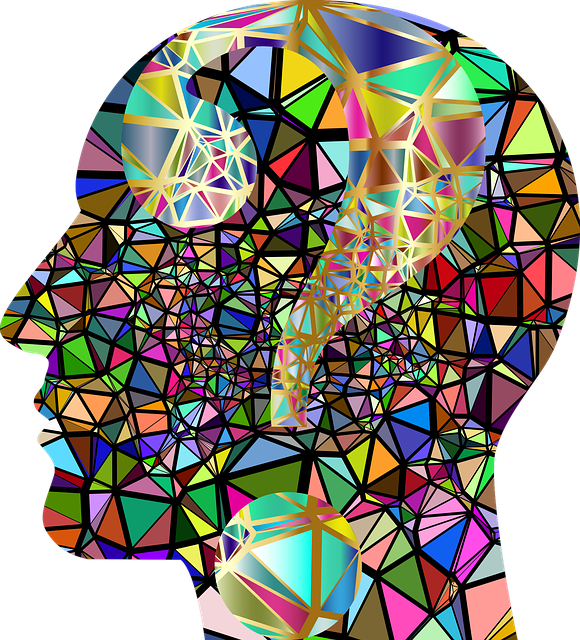David became dizzy, had a headache, seemed confused, was irritable, had trouble sleeping, was sensitive to light and noise, and showed problems with memory. He seemed anxious and unusually tired.
Mother became concerned and took him to Dr. Morgan who diagnosed David with a concussion which is a traumatic brain injury resulting from a blow to the head. Dr. Morgan said his behaviors were signs of post-concussive syndrome. But, “Don’t you have to hit your head really hard to have a concussion”?, Mom asked. No! In fact, even a mild blow to the head can cause post-concussive syndrome.
When you get a bonk on the head, your brain bounces around. Why? The brain does not fill up the skull. And, in what I think must be a design flaw, the inside of the skull is not smooth, There are bony bits protruding and they're a problem.
You see, the brain is Jell-O-ish and it is contained by a really tough membrane called the dura. It has three parts...the epidura (dura mater which is Latin for "tough mother") is the outermost layer and is closest to those bony bits. The dura is in the middle. The subdura is closes to the brain itself. [Fun Fact: If the brain were to soften to the point where it could spread, it would cover a ping pong table. In order to fit it all into the skull, it has folds...sulci and gyrus.]
You've heard, usually on television, that a patient had a "subdural hematoma" which is a bruise very close to the brain. If the dura is pricked by those bony bits and starts bleeding, the brain responds by swelling. The swelling has to do with the sodium-potassium gate within the brain cells. Blood is salty and the brain doesn't like being bathed in salty blood.
This swelling. if severe enough, requires the removal of skull bone so that the brain has "somewhere to go". The piece of skull that's removed is tucked into the abdomen, usually, to keep it alive.
I am explaining this to you so you can be knowledgeable about "why" you're nagging your kid about that helmet for the upteenth time.
Rest is the best treatment for mild concussion. It’s critical, though, to seek medical support for confusion and memory problems. Record your observations and write down all questions.
Make sure teachers are aware of possible changes in your child’s personality and functioning. Post-concussive syndrome is real and needs to be understood by those who supervise your child in your absence.
Just do the best you can and stop banging your head around even though hitting your head against the wall burns 150 calories an hour. Claudia
Join me on Facebook at Dr. Claudia McCulloch



